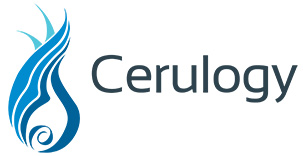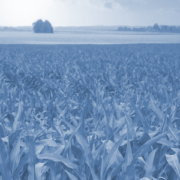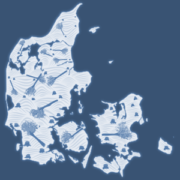Low ILUC pilots and guidance
The final deliverables from Cerulogy’s work with Guidehouse on low ILUC-risk biofuels for the European Commission has now been published. The published documents include reports from five low ILUC-risk pilot audits, certification guidance and a discursive report.




